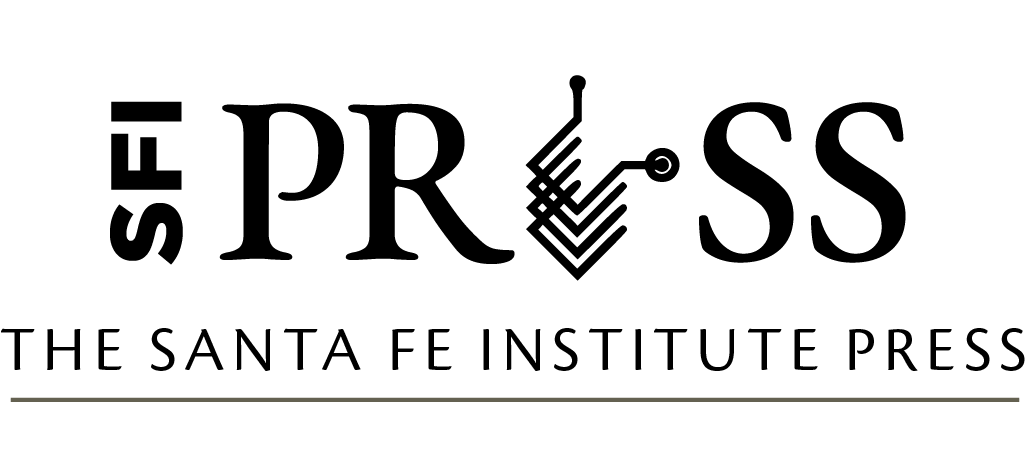History, Big History, & Metahistory
DOI: 10.37911/9781947864023.04
4. Regularities in Human Affairs
Author: Murray Gell-Mann, Santa Fe Institute
Excerpt
When we review the course of human history or the results of anthropological research, we see a delicate interplay of regularity and randomness. This article discusses several regularities in human affairs, including approximate mathematical laws, such as the logistic equation, and semi-empirical regularities, such as a power law or a Guttman scale. The search for regularities in human history is becoming a trifle more respectable than it was formerly. That could well portend some significant improvement in our ability to discuss the human future.
Research at the Santa Fe Institute is inherently transdisciplinary. We have found that among the best scientists and scholars, there are many who long for collaboration with other brilliant researchers trained in fields distant from their own. At universities, such collaborations are difficult to arrange, and in fact they encounter barriers nearly everywhere, not only in the form of university departments, curricula, and degree requirements, but also through institutions such as professional societies and journals. However, the enthusiasm of the researchers who are eager to collaborate helps to overcome those barriers as well as others perhaps even more important, stemming from differences in terminologies, methods, and ways of thinking.
When we founded SFI, I did a good deal of the telephoning to invite some distinguished scientists to our early meetings, scientists we had heard might be interested in transdisciplinary work. Many of them were trained in fields very different from the one in which I was known, and they had barely heard of me or perhaps didn’t know my name at all. I was certain that the reply would be something like the following: “What you are doing sounds interesting, but I’m quite busy with my research and teaching, the books that I’m writing, and my consulting work. Please don’t call me. I’ll call you.” Instead, the answers tended to be more like this: “I’ve been waiting for this opportunity all my life. May I come sooner?”
The work at SFI is nearly all theoretical and much of it is based on computer modeling. The relevant observational research is carried on elsewhere, but of course careful attention is paid to the facts revealed by observation.
